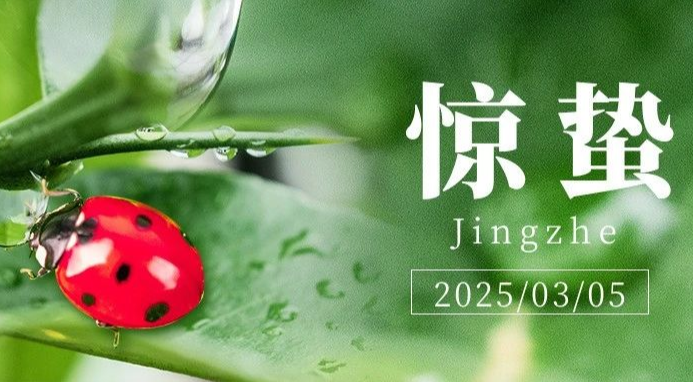 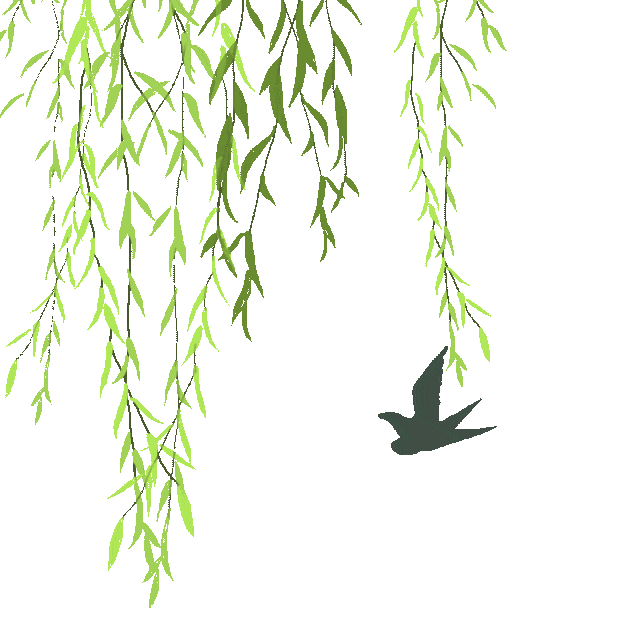 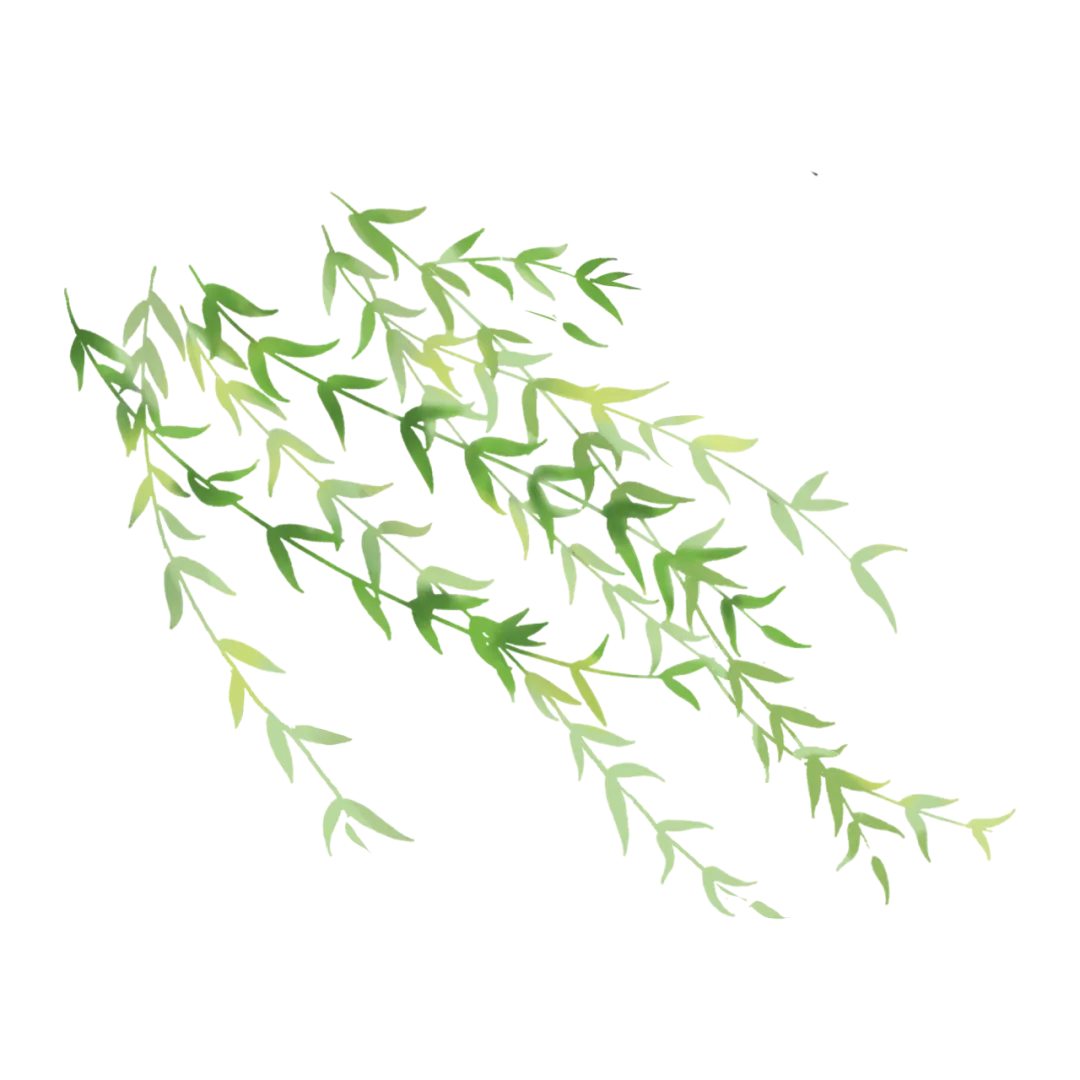  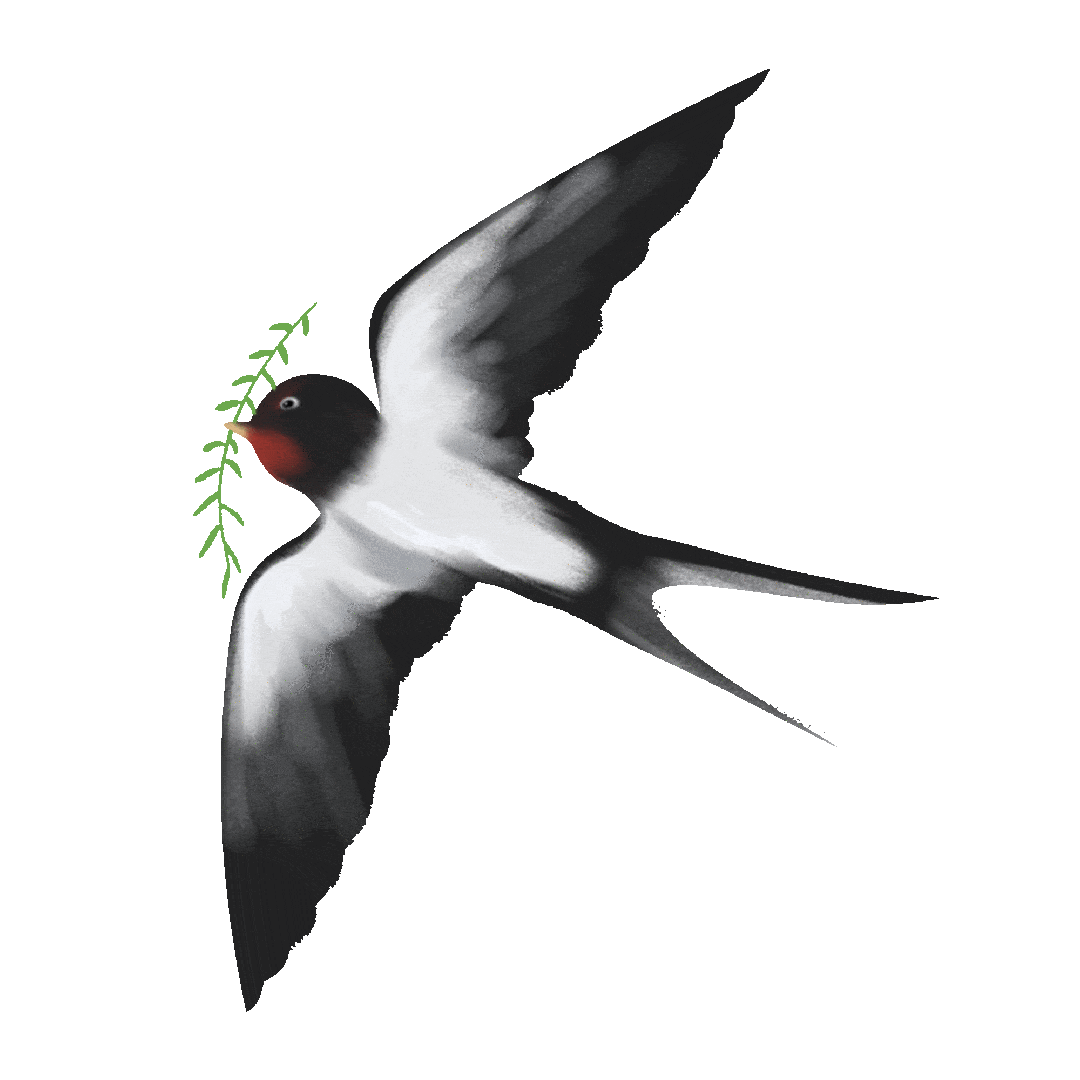  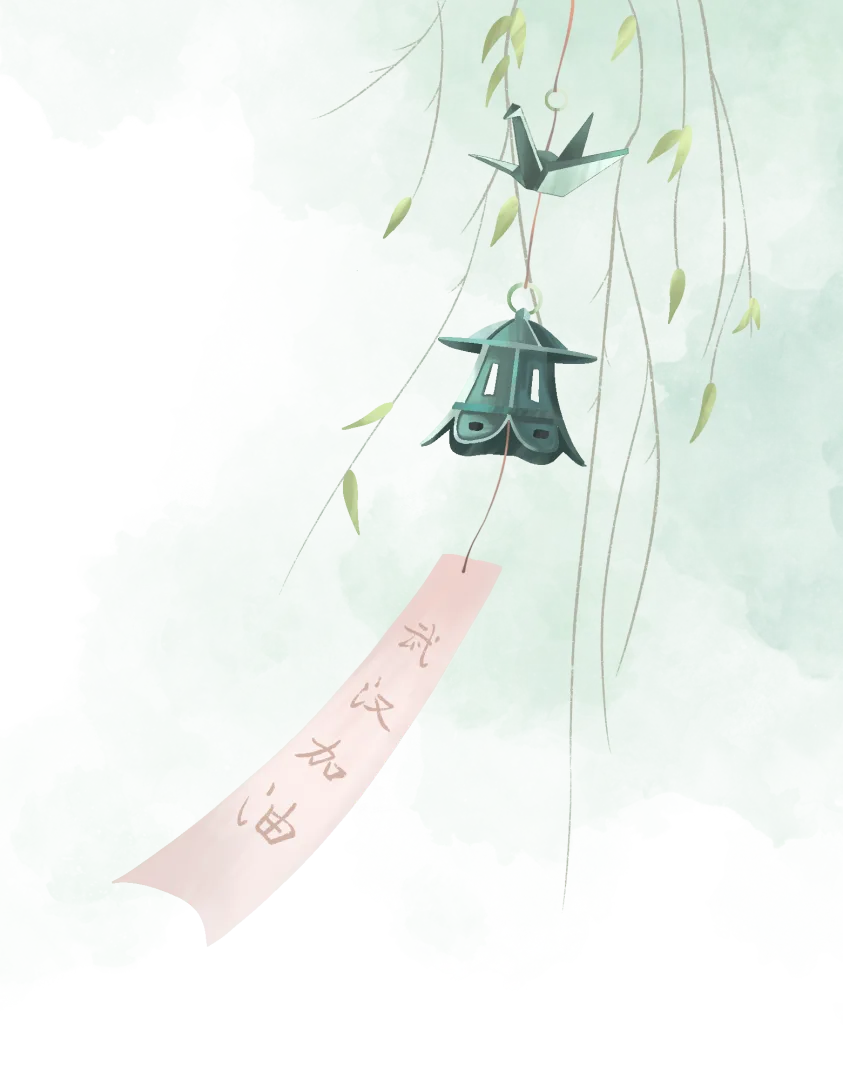   |

惊蛰

/ Jingzhe
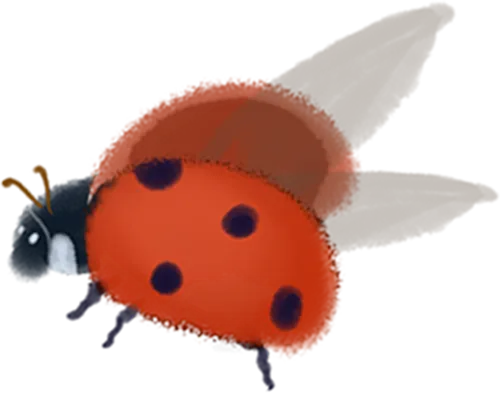
(本文转载自《孔子学院》中英双语版(江西刊)2023年第2期/总第78期)
惊蛰是二十四节气中的第三个节气,公历3月5日至6日左右。“春雷惊百虫”,春雷始响,蛰伏于地下冬眠的蛰虫被雷声惊醒,纷纷破土而出。“春雷响,万物长”,此时气温回升快,草木都从地下面冒出来了。故惊蛰不仅代表着生机,预示着新的生命力,而且还表示新一年的春耕要开始了。正如农谚“到了惊蛰节,锄头不停歇”所说,自此,我国大部分地区都已进入春耕季节。一年之计在春耕,春得一犁雨,秋收万担粮。惊蛰来了,春忙也到了。
Jingzhe (or the Awakening of Insects), the third solar term in the twenty-four solar terms, typically occurs around March 5th to 6th each year. It is said that “spring thunder awakens all insects”, as the first thunder of spring rouses creatures like insects from their hibernation underground, prompting them to emerge. Another saying states, “Spring thunder brings growth to all things.” During this time, the temperature rises rapidly, causing plants and trees to sprout from the ground. Thus, Jingzhe symbolizes not only vitality and the promise of new life but also signifies the beginning of spring plowing for the new year. As the saying goes, “When Jingzhe arrives, the hoe never rests.” From this point onward, most regions in China enter the spring plowing season, as the bountiful crop in autumn depends on this essential spring agricultural activity. With the arrival of Jingzhe, the busy season of spring also commences.




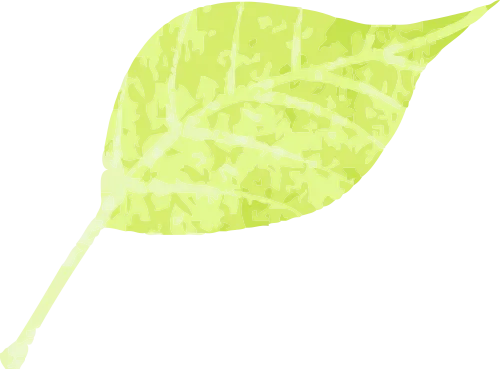
惊蛰时期,各地风俗不同。乍暖还寒,气候较干燥,人们易舌燥、咳嗽,所以民间有惊蛰吃梨的习俗。梨可以生食、蒸、榨汁、烤或者煮水,有顺肝益脾之功效,也有助于强体防疫。
Different regions have their own customs during the Jingzhe period. As the weather transitions from cold to warm, it becomes relatively dry, leading to dry throats and easy coughing. Therefore, there is a folk tradition of eating pears during Jingzhe. Pears can be consumed raw, steamed, juiced, baked, or boiled in water. They are believed to benefit the liver and the spleen and strengthen the body’s immune system.

在一些地方,还有“祭白虎”和“打小人”的习俗。中国民间传说中,白虎是口舌、是非之神,每年都会在惊蛰这天出来觅食,开口噬人。“祭白虎”指拜祭用纸绘制的白色老虎:拜祭时,以肥猪血喂之,令其饱后不再出口伤人,之后再以生猪肉抹在纸老虎的嘴上,使之不能张口说人是非。古时惊蛰当日,人们会手持清香、艾草,用来熏家里房子的四角,以香味驱赶蛇、虫、蚊、鼠等,之后逐渐演变成不顺心者拍打“小人纸”,有趋利避害、远离小人的含义,这是“打小人”的由来。
In some places, there are customs of “offering sacrifices to the white tiger” and “beating the paper man”. According to Chinese folklore, white tiger is a deity associated with gossip and disputes. It is believed to appear every year on the day of Jingzhe to seek food and harm people. “Offering sacrificing to the white tiger” involves worshiping a paper tiger made of white paper. During the ceremony, the paper tiger is fed with pig’s blood to satisfy its hunger and prevent it from spreading ill rumors. Raw pork is then rubbed on the mouth of the paper tiger, preventing it from uttering gossip. In ancient times, on the day of Jingzhe, people used to fumigate their homes’ corners with incense and the mugwort, driving away snakes, insects, mosquitoes, and rats with the fragrant smoke. Over time, for those plagued by unhappiness, this practice evolved into the act of “beating the paper man” to ward off misfortune and keep away malicious individuals. This is the origin of the custom known as “beating the paper man”.



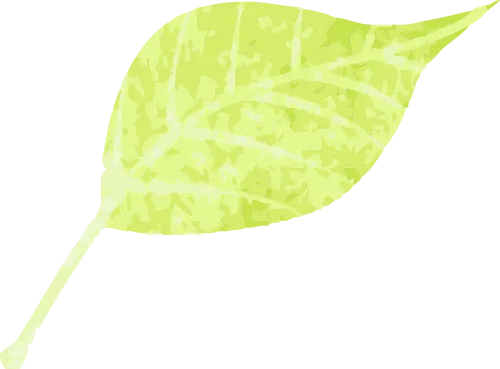
惊蛰作为春天的节气,在中国的古诗词中也有很多表现。唐代白居易在《闻雷》一诗中所描写的惊蛰诗句最令人动容。
As a seasonal marker of spring, Jingzheh as also been extensively portrayed in ancient Chinese poetry. The poem “Hearing Thunder” by Bai Juyi from the Tang Dynasty beautifully captures the essence of Jingzhe.
瘴地风霜早,温天气候催。
穷冬不见雪,正月已闻雷。
震蛰虫蛇出,惊枯草木开。
空余客方寸,依旧似寒灰。
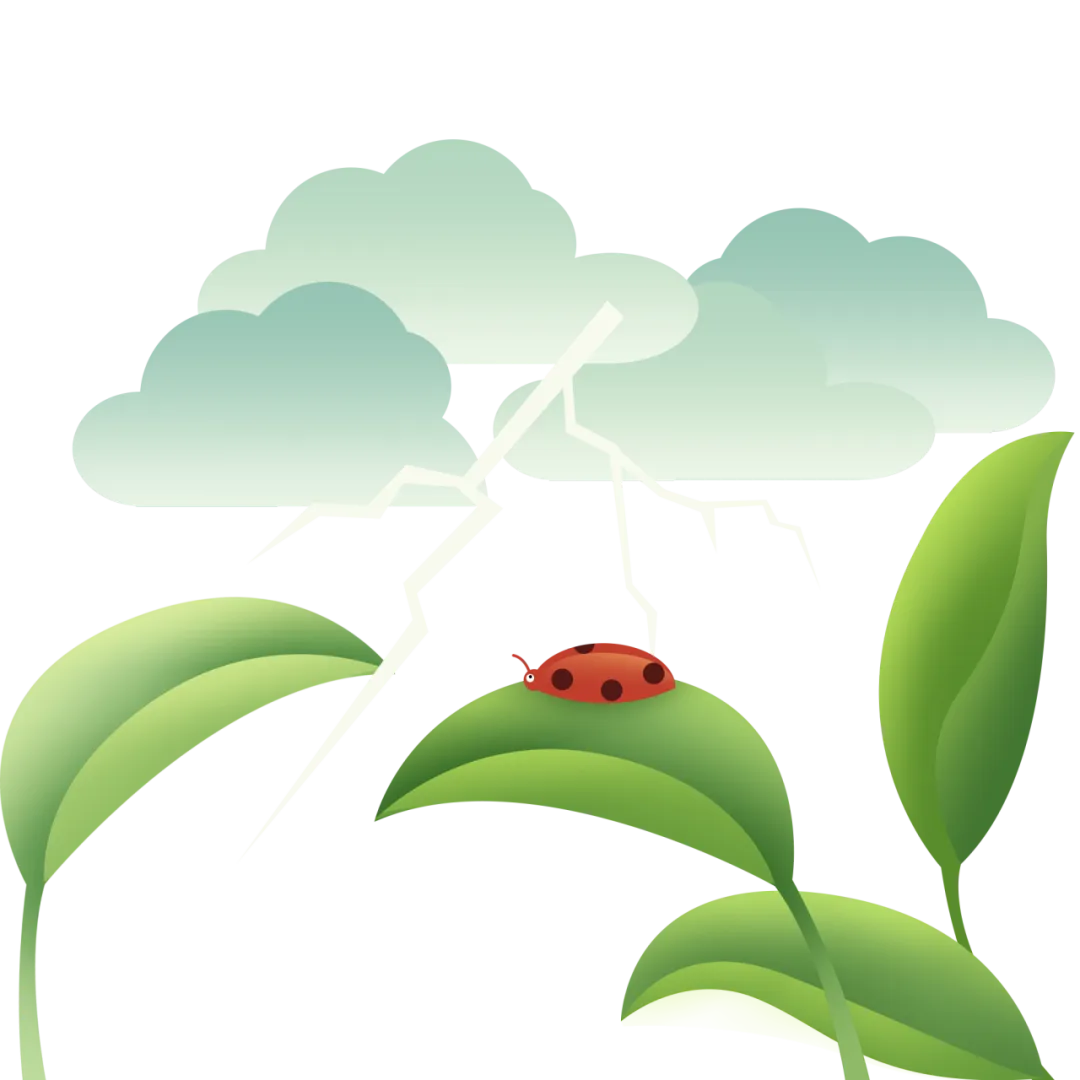
In the land plagued by mists and frost,
Warm weather arrives, hastened and tossed.
No snow in the depths of winter’s plight,
But thunder in January, heralds its might.
Awakened are creatures, from slumber they rise,
Startling the withered, as nature defies.
Yet in this realm, where visitors roam,
Remnants of cold persist, like ashes alone.
这首诗是说:天气慢慢变温暖,正月已听到雷声,在一阵阵的雷声中,蛰伏在地下的百虫和蛇好像被雷声叫醒一般,结束一冬的酣睡出来了。百虫醒来,万物开始复苏,也叫醒了希望……
In this poem, the poet describes the gradual transition to warmer weather. Even in the first lunar month, thunder can already be heard. As the thunder rumbles, creatures and snakes that were dormant underground during the winter seem to awaken from their deep slumber. This awakening marks the beginning of rejuvenation and instills hope.
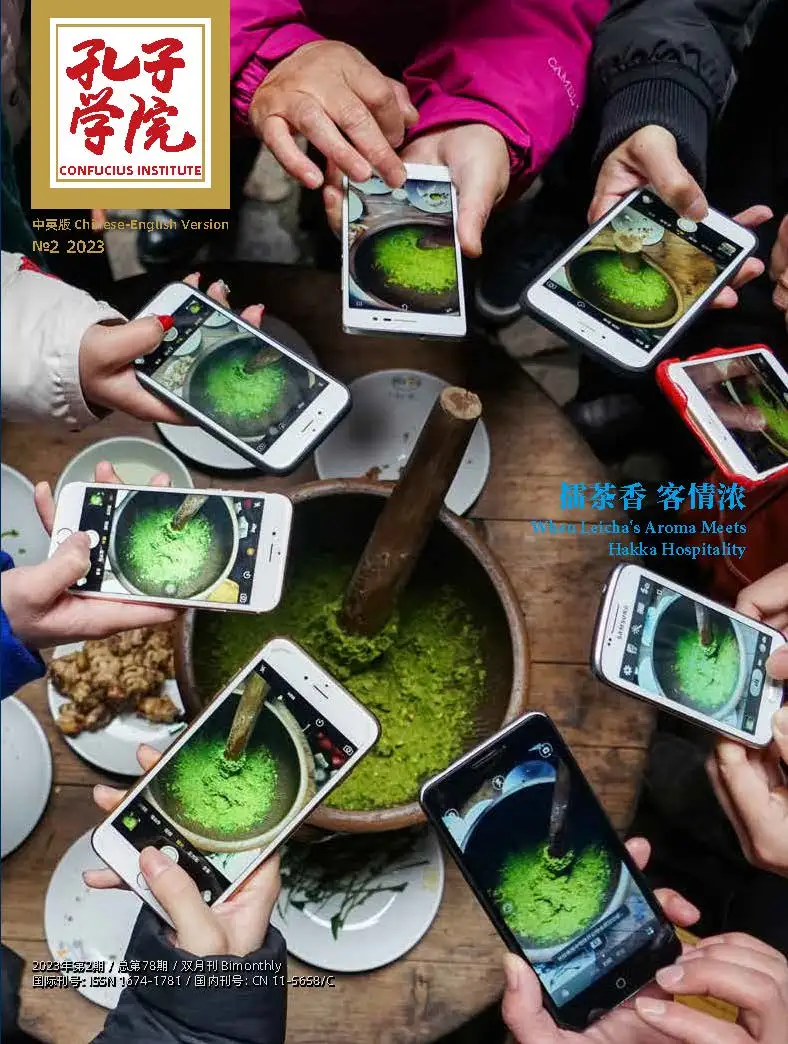
更多精彩内容,欢迎访问《孔子学院》官网获取。


